Navigating Inflation: Business Advice for Acupuncturists and Healthcare Practitioners
The world is no stranger to economic challenges, and inflation is one of the prevalent concerns today. Rising prices impact not just global businesses, but they trickle down to local professionals, including acupuncturists and healthcare practitioners. In this article, we provide tailored business advice to help you not only navigate but thrive amidst inflation.
How Inflation Impacts Acupuncture and Healthcare Services
Inflation doesn't just mean an increase in the price of bread or gas; it also translates to more expensive medical supplies, equipment, rental spaces, and even educational courses for professional development. Additionally, patients may delay or skip non-essential treatments, leading to potential revenue drops.
Strategies to Counteract Inflation:
1. Efficient Procurement Practices
Acupuncturists rely on quality needles, herbal medicines, and other tools.
-
Bulk Purchasing: If you frequently use specific herbs or needles, consider bulk purchases. Brands like Sun Ten often provide bulk discounts for quality herbal products.
-
Collaboration: Partner with fellow practitioners to make combined orders and enjoy volume discounts. This approach works well for products with longer shelf lives.
-
Reputed Suppliers: Prioritize trusted brands like Sun Ten for consistent quality, even if they might be slightly more expensive. Remember, reliability can often save costs in the long run.
2. Streamlined Operations
Revisit your daily operations to identify areas of efficiency.
-
Shared Spaces: Consider sharing clinic spaces with fellow practitioners. This way, you can split rental and utility costs.
-
Flexible Appointments: Maximize your operational hours by offering flexible appointments, catering to early birds or those who prefer late afternoon slots.
3. Embrace Modern Technology
Modern challenges require modern solutions.
-
Online Consultations: Offer virtual consultations for patients who might not need a hands-on session every visit.
-
Digital Marketing: Use online platforms to reach a wider audience and keep them informed about the benefits of acupuncture, especially during stressful economic times.
4. Diversified Services
Offer a range of services to appeal to a broader clientele.
-
Workshops: Host workshops on holistic health, meditation, or Tai Chi. These can serve as supplementary income sources.
-
Product Sales: Consider selling herbal products or acupuncture-related merchandise in your clinic.
5. Transparent Pricing
In uncertain times, transparency can be your ally.
-
Clear Breakdown: Offer a clear breakdown of costs, so patients understand what they're paying for.
-
Package Deals: Offer packages or memberships, giving patients a sense of saving and ensuring repeat visits.
Wrapping Up
Acupuncturists and healthcare practitioners have the dual challenge of managing their practice's business aspects while ensuring the best care for their patients. Adapting to inflation requires a blend of operational efficiency, technological integration, and diversification of services.
Remember, even during economic downturns, people prioritize their health. It's about presenting your services as not just a luxury but a necessary component of their holistic well-being. As practitioners, your adaptability and resilience will not only steer your practice through challenging times but also underscore the importance of acupuncture and holistic healthcare in today's world.
